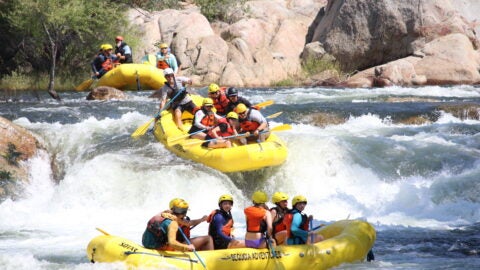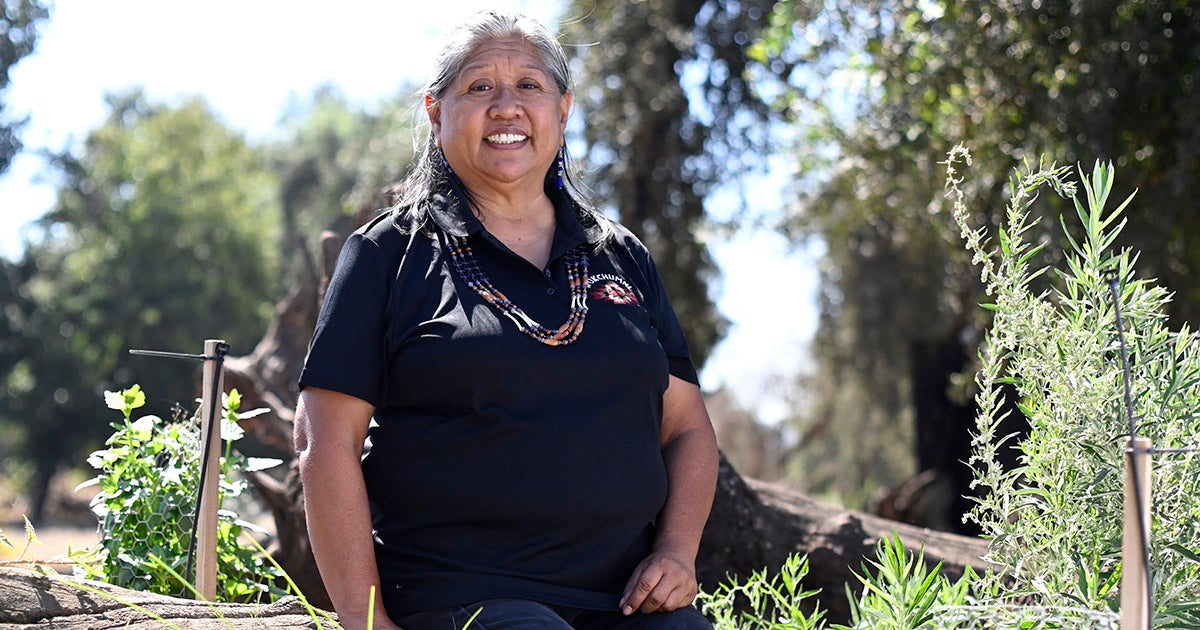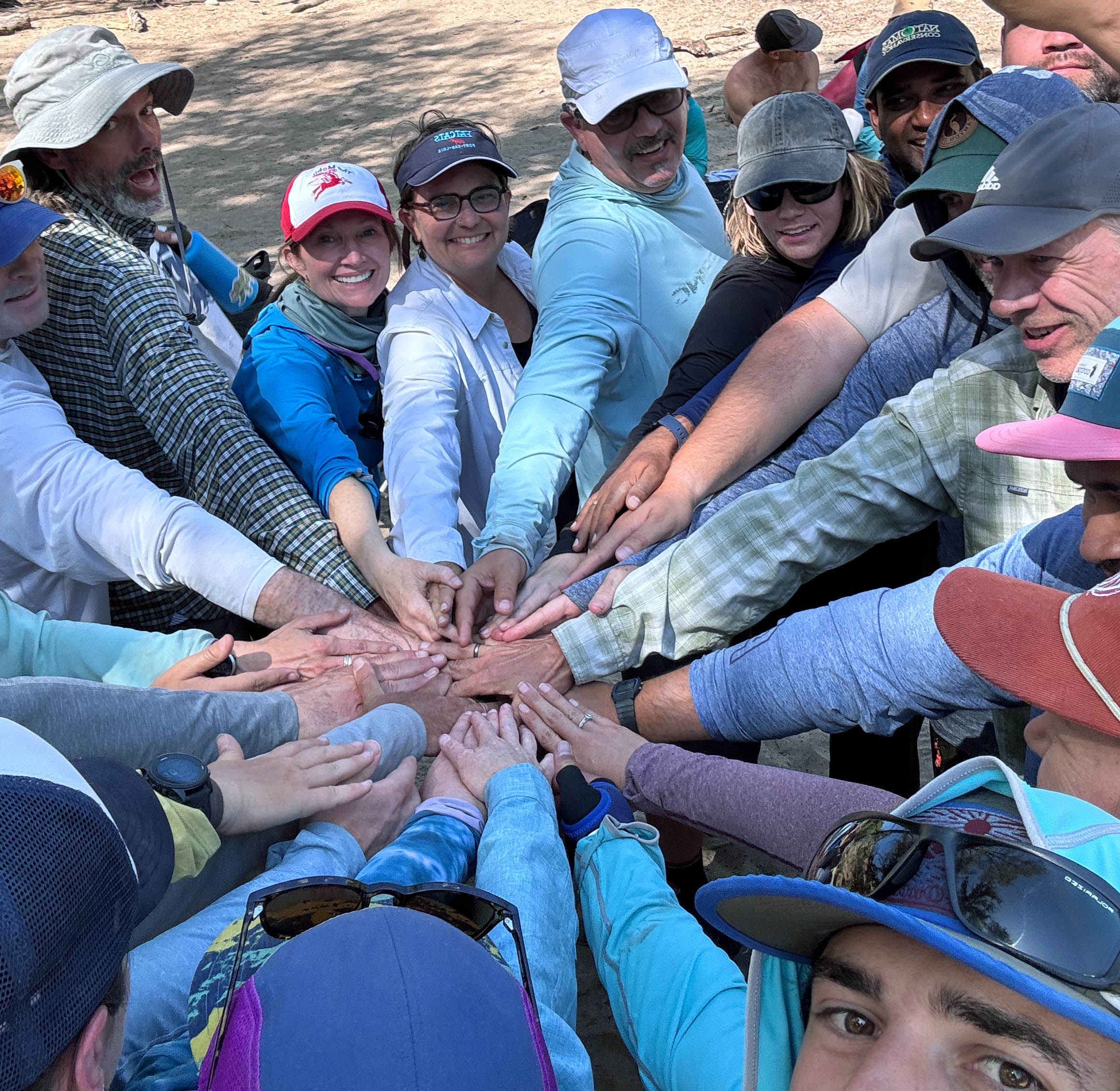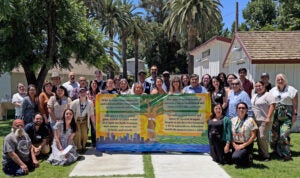
Community expertise is key to effective, equitable water governance
The Water Leadership Institute demonstrates that local leaders want — and should have — a voice in water governance. As water crises deepen across the American West, we need more pathways for their participation.
Rosanai Paniagua admits that she felt a sense of hopelessness after joining the Richgrove Community Services District board, eager to help manage her unincorporated community’s water. “I’ve been at it for three years with no official training from experts who have been in the water world, and it has been really hard,” she says.
This spring, that all changed for Rosanai. Together with 20 other community leaders, she spent four full Saturdays over four months at The Bird Ranch in Gustine, California, as part of the 2024 Water Leadership Institute (WLI), co-hosted by EDF and the Rural Community Assistance Corporation, in partnership with local Groundwater Sustainability Agencies. The bilingual program brought together leaders from disadvantaged and underrepresented communities across the Delta-Mendota Subbasin, an area on the frontlines of California’s water crisis, with the goal of lifting up and reinforcing participants’ expertise, developing their leadership skills, sharing foundational information and resources, and, critically, providing a safe space for connection.
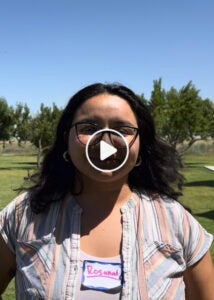
After this year’s Institute wrapped up in June, Rosanai said she would be returning to Richgrove filled with courage and inspiration — and some practical tools to help her confidently step into unfamiliar spaces and ask the right questions. “I now have more confidence, and knowledge to understand and tackle the water issues that surround me,” she says. Rosanai also plans to share what she learned with others in her community with the hope that they, too, will become engaged on local water issues. “We can’t do it alone,” she says. “We need to connect.”
Rosanai’s experience speaks to what EDF and partners strive to achieve through the Water Leadership Institute, and this year’s cohort showed incredible ambition for becoming part of crucial decision-making processes around water. With about one million people in California, mostly from small, low-income, Spanish-speaking communities, lacking access to clean, affordable drinking water, and with declining groundwater, increasing flooding, and worsening drought, these community leaders’ deep knowledge of local challenges are indispensable for charting a safe and resilient path forward for the state.
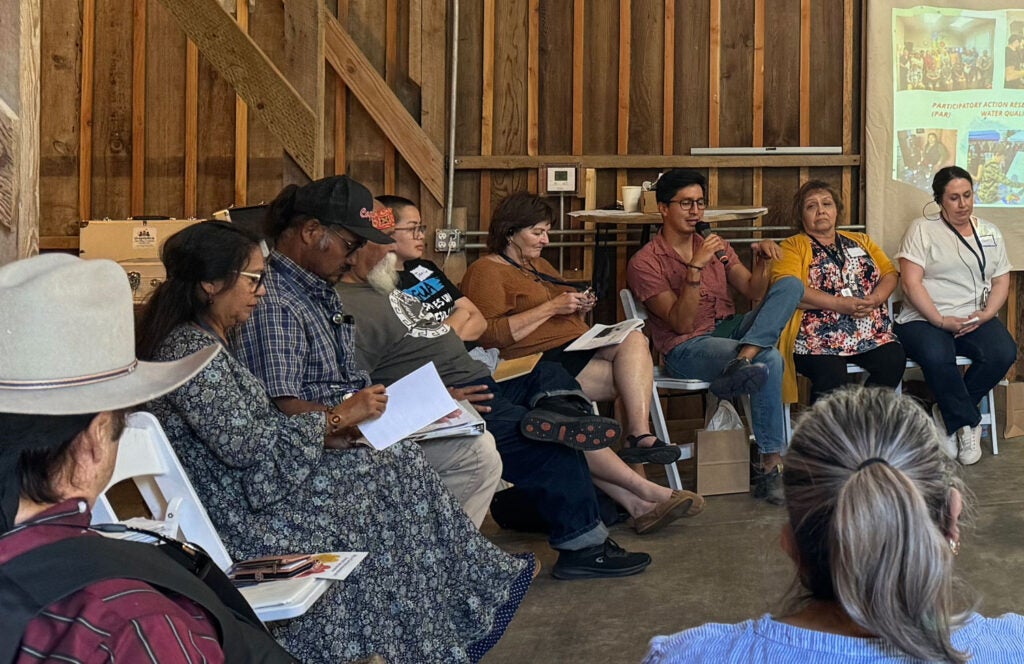
Resham Sandu came to the WLI with the goal of helping his community adjust to its changing water supply. He celebrates the community the Institute brought together, and is grateful for the tools he now has as a result of the four workshops. “I’m excited to move forward to the next phase of taking my dream and making it into a reality,” he said at the program’s end. “That dream looks like me being involved in policy, in decision-making.”
Other participants have big plans for the future, too, from starting a youth water camp to hosting a WLI in their own community of Fireabaugh. Two members, Blanca Ojeda and Claudia Mendoza even formed a subcommittee to dive deeper into the relationship between housing and groundwater management. “I’m in it for the longhaul,” Claudia, who is pursuing a PhD at UC Santa Barbara focused on community engagement and access to safe and affordable water, declared.
Until this spring’s Water Leadership Institute, the Delta-Mendota Subbasin GSAs were struggling to connect with a broader base of stakeholders in an area spanning six counties and having a total of 23 Groundwater Sustainability Agencies (GSAs). One critical opportunity for the 2024 WLI cohort was meeting directly with working professionals like John Brodie, Water Resources Program Manager for the San Luis and Delta-Mendota Water Authority and SGMA Plan Manager for the Subbasin. Brodie acknowledged the immense value of such arenas for community members to ask tough questions. Some participants wanted to know how to get on a GSA board themselves, while others pressed Brodie to address glaring water access inequities.
“These spaces where community members feel encouraged and safe enough to share what their experiences, and their challenges, are around water are so needed,” reflects Lucy Caine, an EDF project manager who helped organize this year’s Water Leadership Institute.
Since the conclusion of this year’s WLI, critical discussions have centered around how to create more opportunity for community leaders — acknowledging very little exists to begin with — and broadening outreach to be even more inclusive of California’s diverse communities.
With each year of the Water Leadership Institute, we continue to make strides toward better and more equitable engagement. But there is so much work left to do — not just in California, but across the West in places like Arizona and New Mexico. Local communities hold a wealth of knowledge and expertise, and many people are ready to engage on pressing water issues. We need to find better ways to help them do just that. The Water Leadership Institute provides a transformational foundation to get started, but we still need pathways for authentic, meaningful participation in decision-making.










